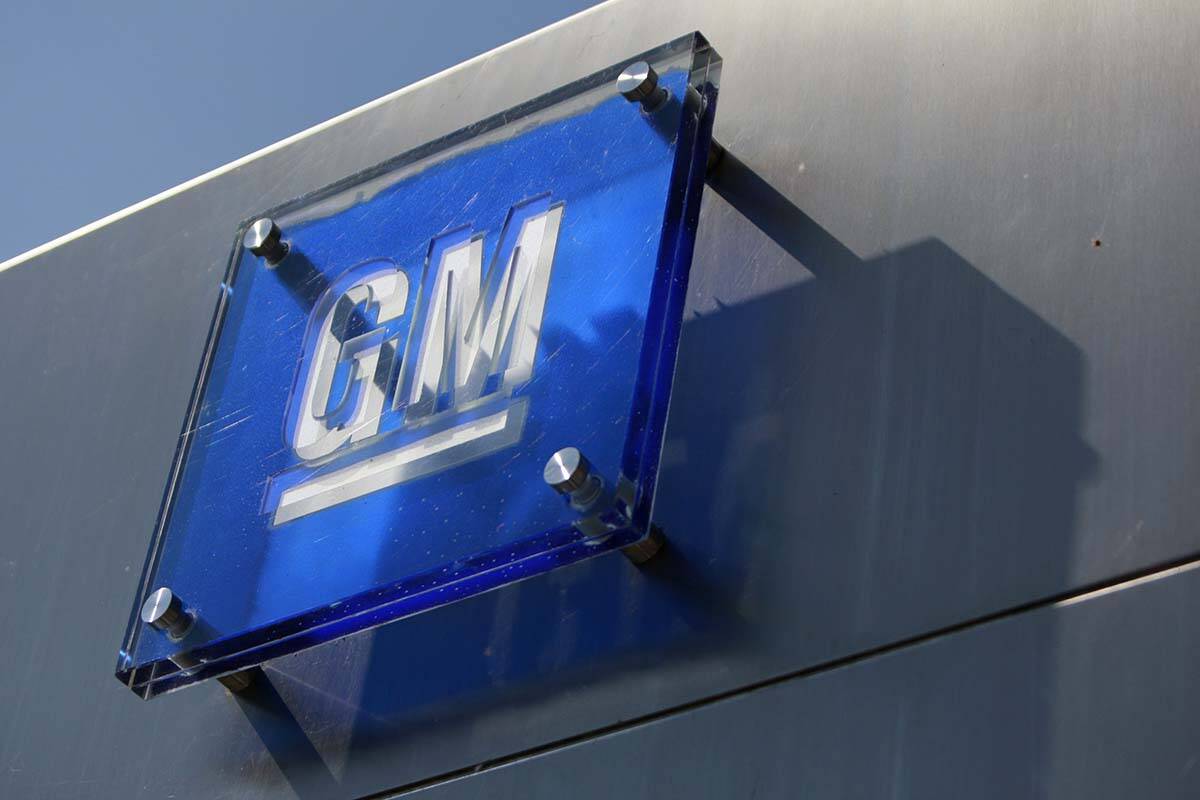EDITORIAL: You will drive an electric vehicle — and like it
Why don’t the Biden administration and congressional Democrats just get it over with and move to nationalize the nation’s auto industry? Who wouldn’t dream of owning a brand new Lada or Trabant?
Last week, the EPA announced its plan to impose new emission standards on cars and trucks. The only way most auto manufacturers could meet the requirements would be to ramp up production of electric vehicles — and that’s the point of Washington’s strong-arm approach.
“While the rules don’t dictate the specific cars or models that must be made,” the Wall Street Journal opined last week, “the administration is remaking a major industry in a way that is unprecedented in a free-market economy.”
Never mind that, while sales of plug-ins have increased in recent years, a sizable number of consumers — nearly half, according to a recent Associated Press poll — report that they have no interest in purchasing one. The resistance stems from a number of factors, including higher prices, range limitations and long charging times.
Meanwhile, many car companies are bleeding cash trying to push EV sales despite generous federal handouts for buyers. Ford Motor Co., for instance, recently announced it lost $2.1 billion last year and expects to lose $3 billion this year on its electric vehicle division. Sales of traditional vehicles continue to subsidize EV development.
But all this is irrelevant to Democrats and Beltway central planners who clearly have no interest in allowing consumers and manufacturers to make their own choices. This ideological revolt against market forces will have consequences. Expect a thriving marketplace for used combustion engine vehicles for many years to come.
The Biden administration’s aggressive interventions also make no allowance for issues related to the materials needed to manufacture the number of electric vehicles necessary to replace traditional cars and trucks in such a hasty fashion. Environmentalists continue to insist that minerals required to ramp up battery production remain in the ground. The electric grid in many places would be unable to handle a massive uptick in EV charging, particularly at night.
These are problems that could be addressed as the marketplace evolved. But with progressive greens, Democratic politicians and the White House rushing to mandate the transition regardless of consumer demand or supply chain realities, such obstacles will only become more problematic.
Rather than let the marketplace and technological advancements sort it all out, federal bureaucrats and Democratic scolds have decided that they know best. History tells us that’s not a recipe for success.

















